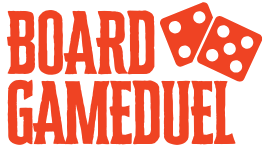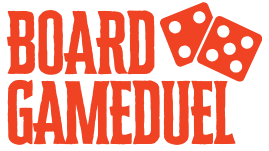If you’re a board game lover like me, you’ve probably heard of Brass Birmingham board game — a masterpiece in economic strategy that’s captured the hearts of countless players worldwide.
After diving deep into its mechanics, theme, and replayability, I can confidently say this game stands out from the crowd.
In this blog, I’ll share why the Brass Birmingham board game is a must-have, what makes it so unique, and how it hooked me from the very first play.
What Is the Brass Birmingham Board Game?
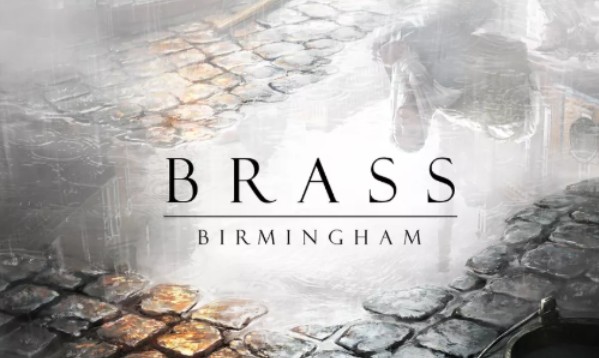
For those new to the scene, the Brass Birmingham board game is an intricate economic and network-building game set during the Industrial Revolution in England. You build industries, develop canals and railways, and navigate market demands — all while outsmarting your opponents.
I remember my first game night with friends. The combination of strategy, tension, and theme created an experience that kept us talking for weeks. It’s not just a game; it’s a historical journey wrapped in brilliant gameplay.
How to Play Brass Birmingham Board Game
Learning to play this game might seem challenging at first, but once you get the hang of it, it’s incredibly rewarding. Here’s a simplified breakdown of the gameplay:
1. Game Setup
Each player starts with a small amount of money and an identical hand of cards corresponding to cities and industries. The board shows the map of Birmingham and surrounding areas with spaces for building industries and transport links.
2. Game Phases
The game is divided into two eras — the Canal Era and the Rail Era. Each era has a fixed number of rounds, and gameplay shifts slightly between them.
3. Taking Turns
On your turn, you perform two actions. Actions include building industries, developing your industries, building transport links (canals or rails), selling goods to the market, or taking loans.
4. Building Industries
You can build industries like coal mines, iron works, factories, breweries, and cotton mills by playing the corresponding cards and paying the costs. Industries must be built in the correct locations on the map.
5. Building Transport Links
Connecting cities with canals (in the first era) or railways (in the second era) is crucial. Transport links allow you to sell your goods in distant markets and score points.
6. Selling Goods
You earn income by selling manufactured goods (like cotton or beer) to markets connected by your transport network. This is essential to keep your economy growing.
7. Using Coal and Iron
Coal and iron are critical resources. You must have access to these to build industries and links, either by owning them or buying from other players or the market.
8. End of Era and Scoring
Players discard all canal links after the Canal Era ends and prepare for the Rail Era, which introduces new opportunities. Final scoring tallies points from industries, networks, and money.
What I love about the Brass Birmingham board game is how these mechanics blend together — you’re constantly balancing risk, resource management, and strategic planning. Plus, the dynamic market and interaction between players keep each session tense and exciting.
Why the Brass Birmingham Board Game Stands Out
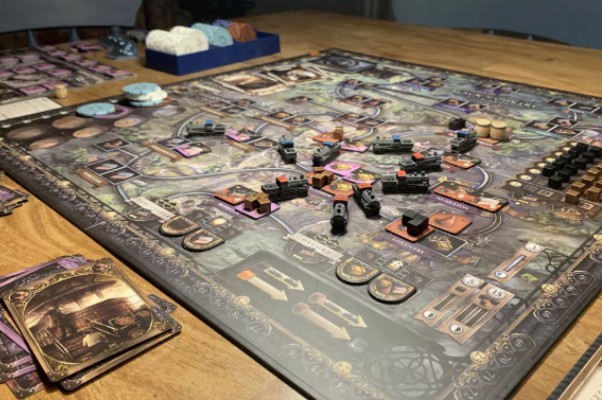
What makes the Brass Birmingham board game so special compared to other strategy games? Let me break it down:
- Deep Economic Strategy: You constantly manage resources, balancing immediate gains with long-term plans. The market system reacts dynamically to your moves — it feels alive and engaging.
- Network Building Mechanics: The canals and railways aren’t just aesthetic; they’re critical for connecting industries and maximizing profits. Planning your routes carefully is key.
- Two Distinct Eras: The game is split into two phases — the canal era and the rail era — each requiring different tactics and adapting to evolving game conditions.
- High Replayability: No two games are the same. The shifting market and multiple paths to victory keep the excitement fresh.
Every session, I try new strategies and discover clever synergies I hadn’t noticed before.
How Long Does a Game of Brass Birmingham Take?
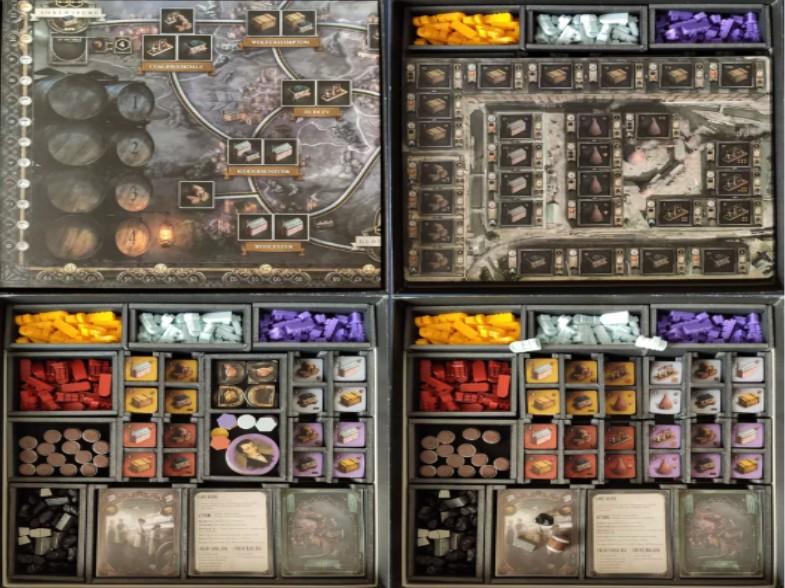
A typical game lasts about 2 to 3 hours. It can also depend on the number of players and familiarity with the rules.
The first game may take a bit longer as you get used to the mechanics. But once you’re familiar, the pacing is smooth and satisfying.
How Complicated Is Brass Birmingham?
While it has a fair amount of rules and strategic depth, the game isn’t overly complicated. The game doesn’t feel complicated if you take time to learn it step by step.
The rulebook is detailed, but it flows naturally once you grasp the phases and basic actions.
I recommend starting with a playthrough alongside someone experienced or watching tutorial videos to ease the learning curve.
Tips for New Players: Getting Started with Brass Birmingham Board Game
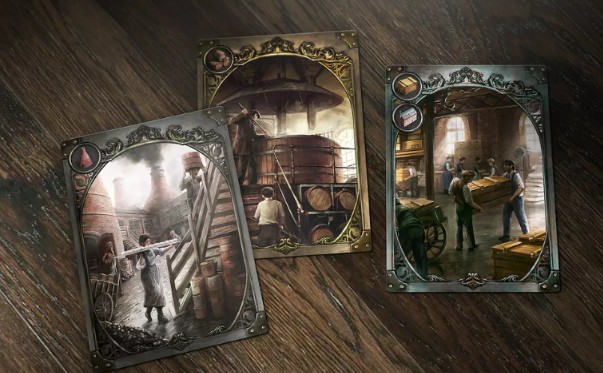
When I first played the Brass Birmingham board game, the complexity was a bit intimidating. But here’s what helped me enjoy it from the start, and I recommend you try these too:
1. Focus on Understanding the Market: Pay close attention to how the demand and supply change. Building industries without buyers won’t earn you victory points.
2. Plan Your Network Early: Secure your canals and rail connections to ensure your industries stay linked.
3. Balance Industry Types: Don’t put all your eggs in one basket. Diversify to adapt when markets shift.
4. Watch Your Opponents: Since competition is fierce, keep an eye on their moves and anticipate their strategy.
These tips helped me transition from a hesitant beginner to a confident player who loves every round.
The Community and Expansions Around Brass Birmingham Board Game
One of the coolest parts of fanning the Brass Birmingham board game is the passionate community behind it.
Online forums and local meetups buzz around strategy discussions, variants, and fan-made content.
Plus, if you want to expand your experience, there’s the Brass Birmingham: Lancashire expansion. This game adds new layers and industries to explore. I’m looking forward to diving into it soon.
Why I Keep Coming Back to Brass Birmingham Board Game
Whenever I open the box, I’m reminded why the Brass Birmingham board game holds a special place on my shelf.
It challenges me to think critically. The rewards of careful planning create memorable moments with friends.
If you love games that combine history, strategy, and player interaction, this is the one.
Conclusion: The Brass Birmingham Board Game Is More Than Just a Game
In wrapping up, the Brass Birmingham board game is a brilliant blend of strategy, history, and social interaction. It’s a game that invites you to think several steps ahead while immersing yourself in the rich industrial era of Birmingham.
If you’re ready to experience a truly engaging board game that keeps giving back with every play, grab your copy and join the growing community of fans like me who can’t get enough of Brass Birmingham board game.
Disclaimer: All images used in this guide are sourced from boardgamegeek and are included solely for informational purposes. Full credit and rights belong to their respective owners.
